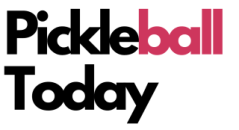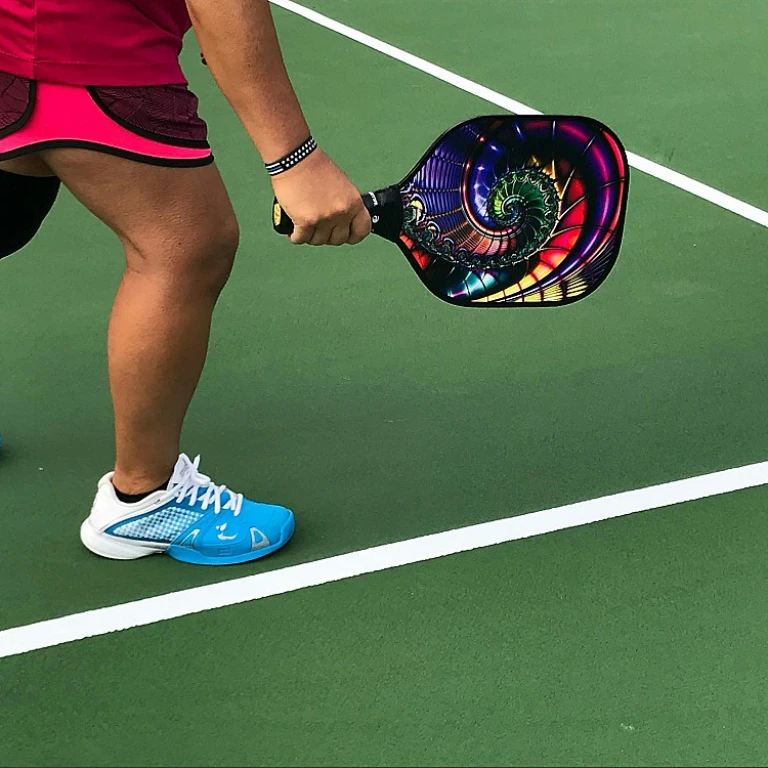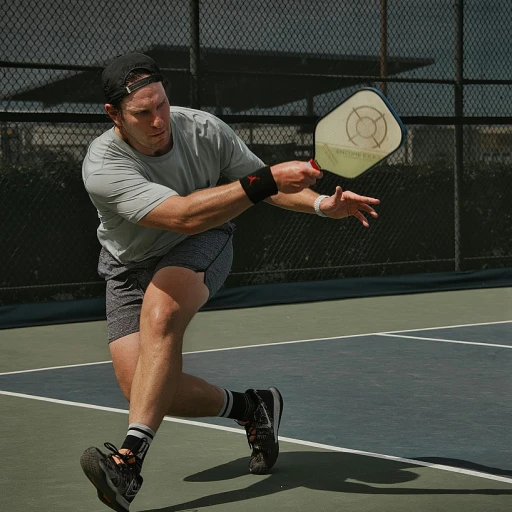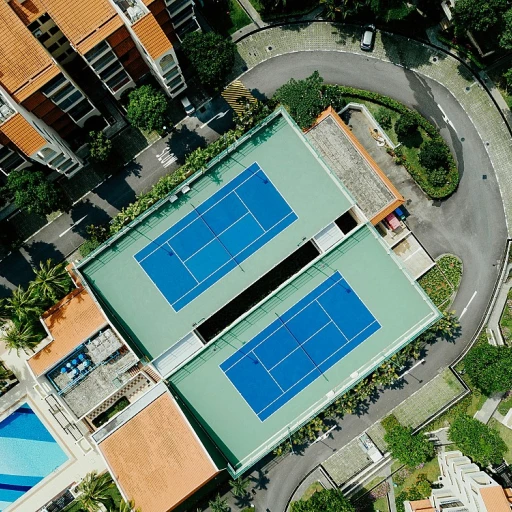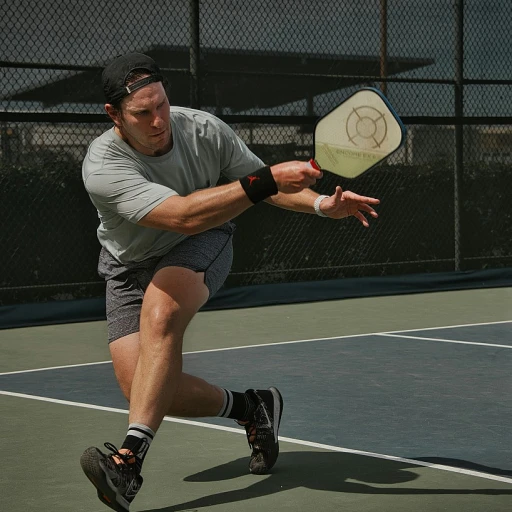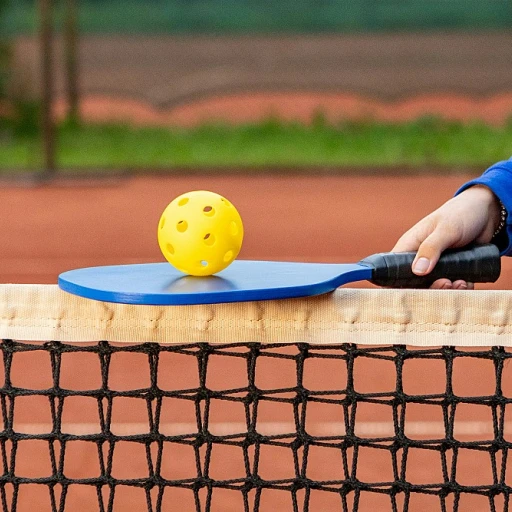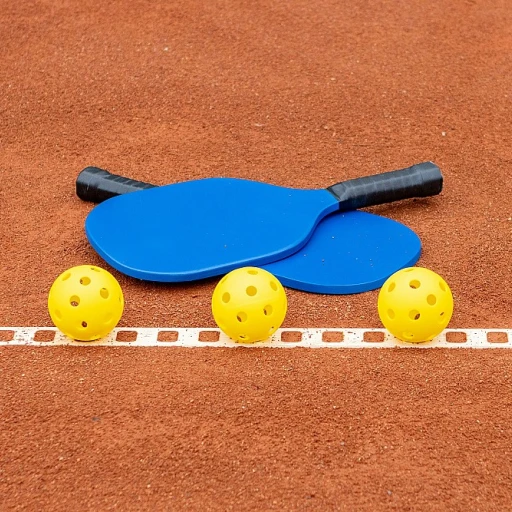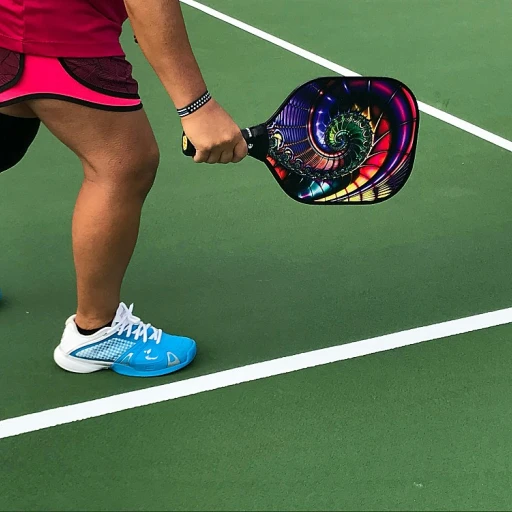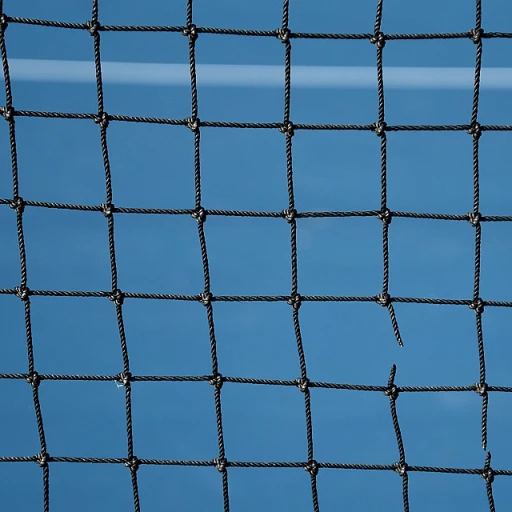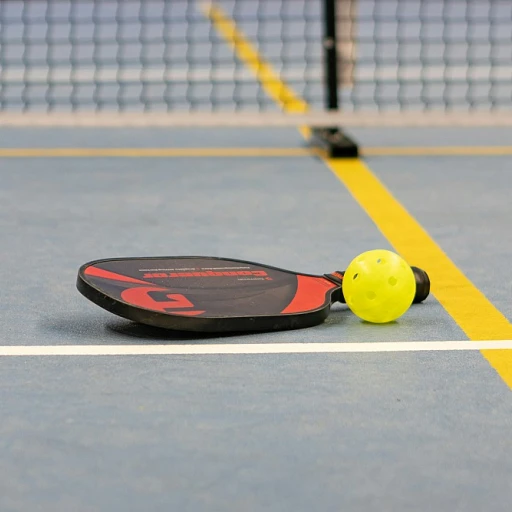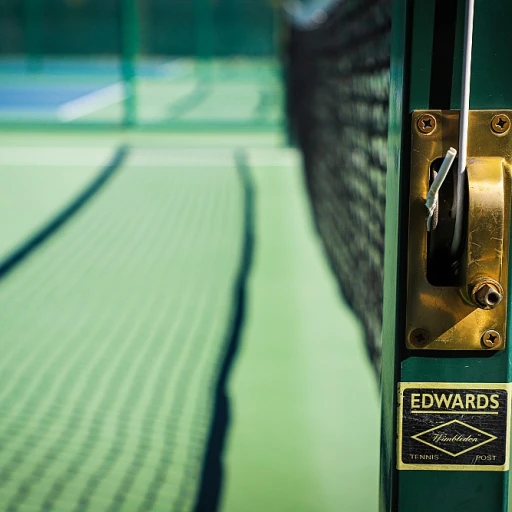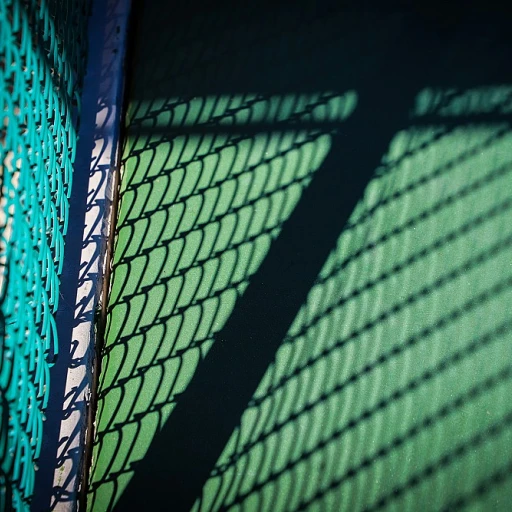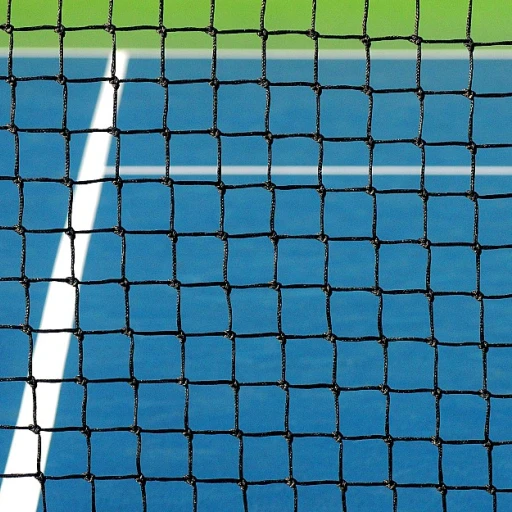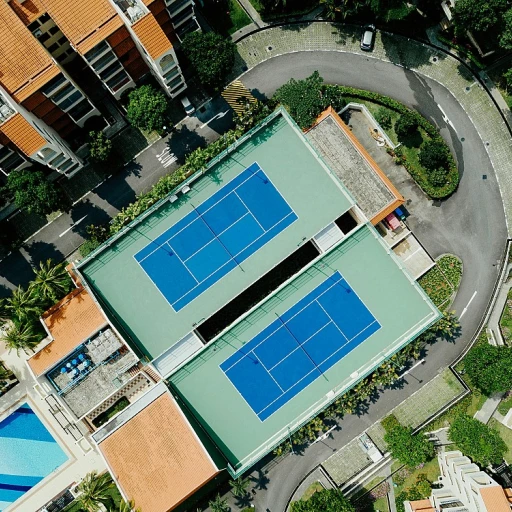
Understanding the Basics of Pickleball
Introduction to Pickleball: A Sport for All
Pickleball is a rapidly growing sport in the USA, combining elements of tennis, badminton, and table tennis. It is played on a court similar to a badminton court with a net slightly lower than a tennis net. Players use a paddle and a perforated plastic ball, often referred to as a wiffle ball. The game can be played in singles or doubles, making it accessible to a wide range of players, including those who are deaf or hard of hearing.
Basic Rules and Gameplay
The objective of pickleball is to score points by hitting the ball over the net and into the opponent's court without them successfully returning it. Games are typically played to 11 points, and a team must win by at least two points. The serve is made underhand, and the ball must bounce once on each side before volleys are allowed. This unique aspect of the game encourages longer rallies and strategic play.
Why Pickleball Appeals to Diverse Groups
Pickleball's appeal lies in its simplicity and adaptability. It is a sport that can be easily learned by people of all ages and skill levels. For the deaf community, pickleball offers an inclusive environment where communication barriers are minimized. The sport's visual nature and the use of hand signals make it particularly suitable for deaf players, fostering a sense of community and belonging.
Growing Popularity and Opportunities
In recent years, pickleball has seen a surge in popularity, with clubs and tournaments springing up across the country. The allure of pickleball country clubs has attracted many enthusiasts, offering a social and competitive outlet for players. As more people discover the joys of playing pickleball, the sport continues to expand, offering opportunities for both recreational play and competitive tournaments.
In Sacramento, the rise of deaf pickleball is a testament to the sport's inclusivity and the dedication of the deaf community to create spaces where everyone can enjoy the game. As we explore further, we'll see how this community has overcome challenges and built strong support networks, paving the way for future growth and success in the sport.
The Rise of Deaf Pickleball in Sacramento
The Growing Influence of Deaf Pickleball in Sacramento
Sacramento's deaf community has experienced a notable rise in pickleball participation, with increasing numbers of players discovering the joy and benefits of this dynamic sport. Pickleball, blending elements of tennis, badminton, and table tennis, appeals to a wide demographic, including the deaf and hard of hearing. Offering an opportunity to stay active, improve athletic skills, and foster social connections, it’s no surprise that the sport has become a fixture in this vibrant community.
Local pickleball clubs and recreation centers have embraced the demand by offering courses tailored to deaf players. These courses often include training sessions designed to cater to various skill levels. From beginners just completing their first game to seasoned players prepping for a competitive pickleball tournament, there is support and guidance available for everyone.
The opportunities in Sacramento extend beyond simple gameplay. Events like mixed doubles tournaments and community meetups encourage players to engage and socialize, creating a sense of belonging. It's not merely about playing pickleball – it is about being part of a supportive network where players exchange tips, celebrate victories, and even mourn losses together, strengthening the community fabric.
Sharing stories, challenges, and experiences is commonplace among players, further promoting the sport's growth. Social media platforms such as Facebook and Twitter play a role in organizing events and communicating within the deaf pickleball community, making information accessible to all.
Curious about the supportive community and network fostering this passionate group? Keep exploring to understand how Sacramento's deaf pickleball players have carved out a niche in this exhilarating sport.
Challenges Faced by Deaf Pickleball Players
Challenges in Playing with Precision and Coordination
Playing pickleball, particularly for deaf athletes, presents unique challenges that extend beyond the typical game of pickleball everyone may know. While pickleball is hailed for its accessibility, deaf and hard of hearing players often face hurdles in terms of communication during games and receiving auditory cues, which are critical in competitive scenarios. This fascinating evolution in sport finds its roots both in athletic competency and effective communication strategies. For instance, while traditional players rely heavily on the sound of the ball hitting the paddle, deaf players must develop other senses and strategies. Visual signals and nonverbal cues become paramount. Teams often use hand signals or vibrations as alternative ways to convey strategic movements during a match.An Inclusive Approach to Training and Competitions
As pickleball gains traction globally, particularly seen in the USA, training programs and courses have been crafted to better cater to deaf athletes. These offer tailored support courses aimed at refining skills and encouraging more deaf individuals to participate. Many opportunities are now open for players-mixed doubles, individual skill leagues, and local pickleball tournaments. With a growing number of tournaments, like those hosted in Kansas City and others, players can continuously challenge themselves and showcase their abilities. Moreover, there are networks in place that focus on boosting skills and competition readiness. Some credit for these improvements is offered to dedicated organizations and clubs that ensure inclusivity and fair play. For players committed to advancing their technical competencies, personalized coaching and training regimes offered by seasoned experts can significantly boost confidence and prowess in competition. To enhance your skills with a pickleball trainer, you can explore resources and support specifically designed for pickleball athletes. With persistent efforts in bridging the communication gap, the future of deaf pickleball in arenas such as Sacramento looks vibrant. The coming fall and spring seasons promise opportunities for growth, enthusiasm, and profound community contributions to the sport.Community and Support Networks
Fostering an Inclusive Community
In the burgeoning world of deaf pickleball, the sense of community is essential to its growth and success. Players find camaraderie and support amidst those with shared experiences. This supportive environment ensures that the sport isn't just about competition but also about fostering meaningful connections among participating athletes. With pickleball drawing participants from all walks of life, the focus on inclusion becomes even more pronounced. The Deaf Community strongly values understanding and acceptance. Deaf pickleball does not just offer a platform for the deaf and hard-of-hearing players to demonstrate their skills; it strengthens emotional bonds among players. Additionally, various pickleball clubs have been instrumental in creating a unifying space. Whether during the spring or fall, local clubs in the area provide an avenue for deaf people to engage in open play sessions tailored to their needs. These sessions help refine pickleball skills, ensuring every player, regardless of hearing ability, can excel on the court. Social media platforms like Facebook and Twitter prove invaluable in sustaining this network. Group pages and chats offer continuous interaction, allowing players to share experiences, exchange training tips, and keep abreast of upcoming events, such as a pickleball tournament or mixed doubles matches. These virtual communities offer an essential extension to in-person interactions, fostering a thriving environment for deaf pickleball enthusiasts. Recognizing the importance of inclusivity, other sports, including martial arts and traditional athletic courses, might take credit from the tight-knit dynamics pickleball brings, as these practices aim to build community and support networks. Such frameworks are crucial, offering life-time friendships and fostering a sustainable athletic environment.Events and Tournaments in Sacramento
Competing on the Court and Celebrating Achievements
In the lively world of Sacramento Deaf Pickleball, events and tournaments play a pivotal role in bringing the community together. These spirited gatherings draw deaf players from across the USA, providing them the opportunity to showcase their skills and compete in a welcoming environment. Pickleball tournaments, both local and national, are integral to helping players refine their techniques and enjoy the social aspects of the sport. Deaf pickleball athletes often participate in both mixed doubles and single events, fostering camaraderie and competition. With tournaments being held in the spring and fall, there is no shortage of chances for players to play pickleball and earn their place on the podium. These events not only credit participants' abilities on the court but also shine a light on the unique community spirit among deaf and hard of hearing players. To ensure that all players are well-prepared for competitive play, comprehensive training sessions are offered to help hone their athletic skills. Completed courses focus on various aspects of the game, from strategy to agility, mirroring the rigorous preparation seen in sports such as martial arts. These training programs are designed to elevate players to compete in elite events, such as those featured on the PPA Tour. Social media platforms like Facebook and Twitter play a crucial role in keeping the community informed and engaged. Updates on upcoming tournaments, open play sessions, and other exciting developments are regularly shared, fostering an inclusive atmosphere that extends beyond the court. As the popularity of Deaf Pickleball continues to grow in Sacramento, the community remains committed to offering events and tournaments that celebrate both competitive spirit and mutual support. With an ever-expanding network of players and fans, the future looks bright for this dynamic and inclusive sport.Future of Deaf Pickleball in Sacramento
Looking Ahead: The Future of Deaf Pickleball in Sacramento
The future of deaf pickleball in Sacramento looks promising, given the current momentum and enthusiasm within the community. As more deaf players take to the courts, the sport's growth trajectory continues to climb.- Inclusive Opportunities: More training sessions are being completed to help deaf athletes hone their pickleball skills. This not only improves gameplay but also ensures that the sport is accessible to all levels of ability.
- Expansion of Tournaments: With the rise of pickleball tournaments across the USA, Sacramento has become a hub for competitive play. Future tournaments will likely offer divisions specifically for deaf athletes, promoting inclusion and a sense of camaraderie within the wider pickleball community.
- Support from Established Organizations: Organizations like the PPA Tour provide a platform for deaf pickleball players to showcase their talents alongside others. This gives the sport credit and highlights the achievements of these athletes on a national stage.
- Networking and Community Building: Social media platforms such as Facebook and Twitter are vital in expanding the network of deaf pickleball enthusiasts. These platforms help connect players not only within Sacramento but across the nation, fostering a strong sense of community.
- Educational Initiatives: Courses are being offered in various formats, from in-person clinics to online lessons, focusing on both the athletic and strategic aspects of playing pickleball. This allows deaf players to continuously improve, preparing them for high-level competitions.
